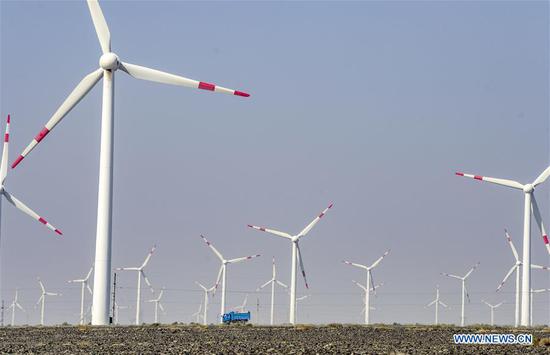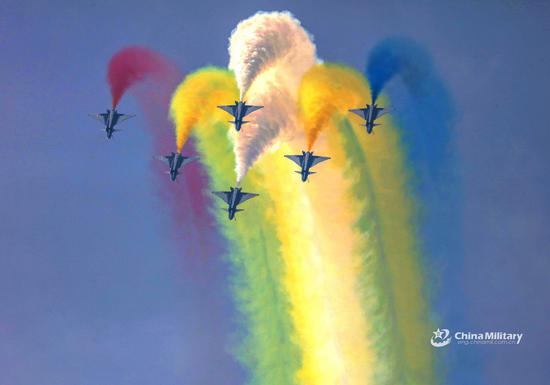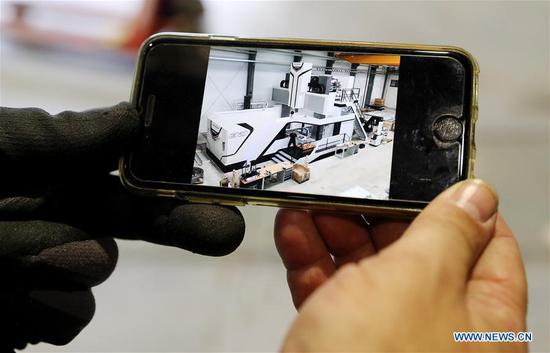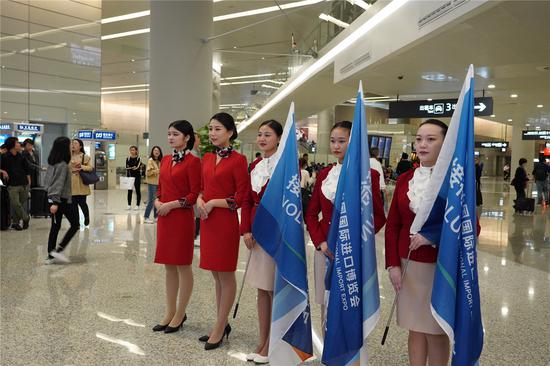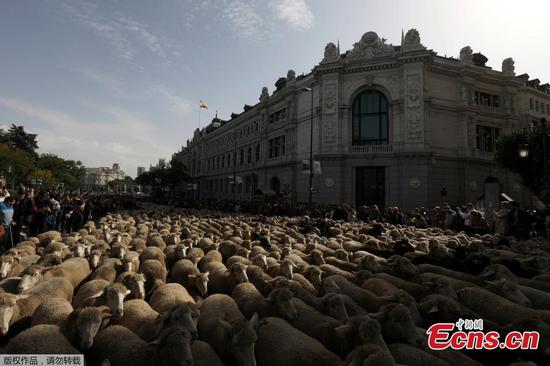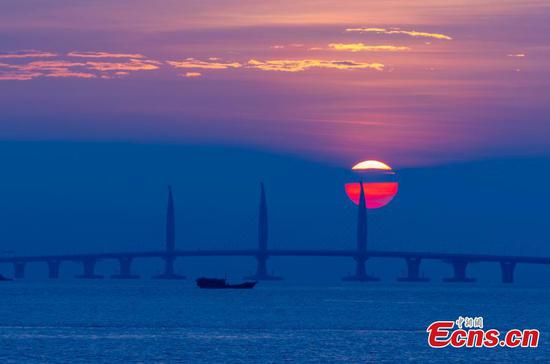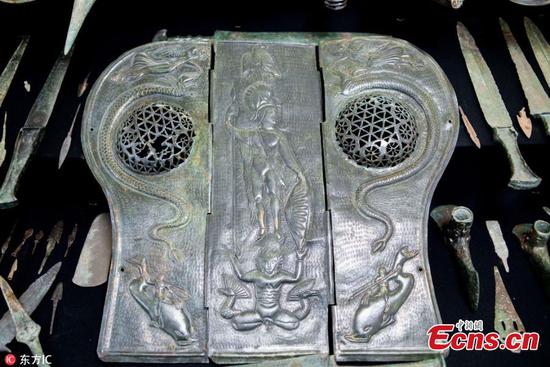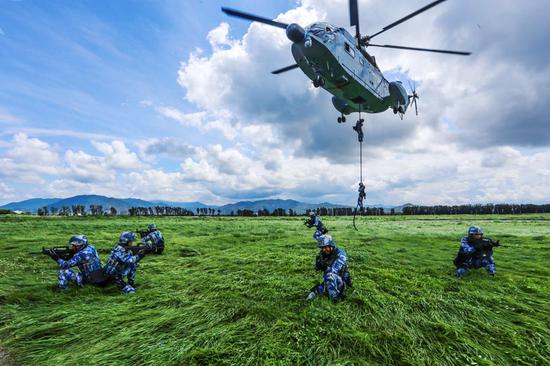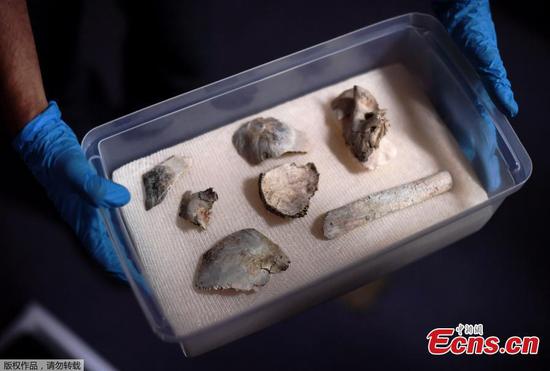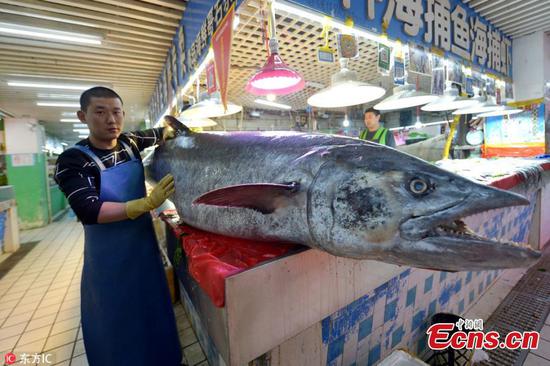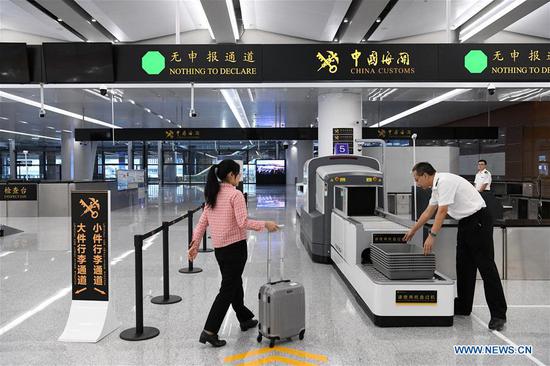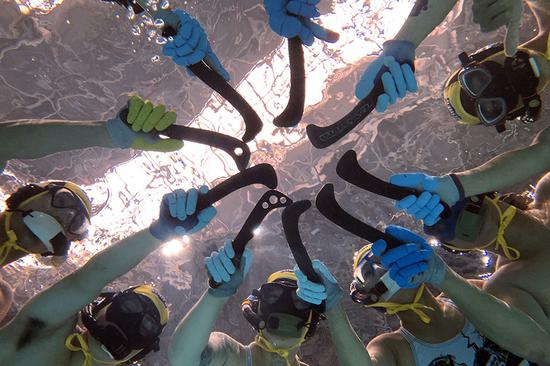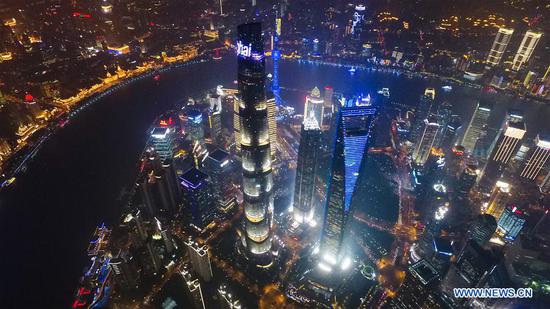China says unilateral withdrawal would result in negative impacts in many sides
U.S. National Security Adviser John Bolton faces two days of high-tension talks in Moscow beginning on Monday after U.S. President Donald Trump announced his intention to withdraw from a decades-long landmark nuclear weapons treaty with Russia.
Trump's announcement that the United States would leave the Intermediate-Range Nuclear Forces treaty (or INF) brought sharp criticism on Sunday from Russian officials and even Mikhail Gorbachev, former Soviet Union president, who signed the treaty in 1987 with then-U.S. president Ronald Reagan.
Gorbachev, now 87, said Trump's decision to exit the pact is a mistake and would undermine efforts of disarmament.
"Do they really not understand in Washington what this could lead to? Washington's desire to turn back politics cannot be supported. Not only Russia, but also all who cherish the world, especially a world without nuclear weapons, must declare this," Gorbachev was quoted by the Interfax news agency.
The signing of the treaty was seen as a watershed moment during the final days of the Cold War, helping to eliminate thousands of land-based missiles with ranges between approximately 300-3,400 miles (500-5,500 kilometers).
According to the Kremlin, Bolton and Russian President Vladimir Putin will meet on Tuesday amid soaring tensions over Washington's declaration. Russia's Deputy Foreign Minister Sergei Ryabkov said he expected Bolton to "professionally clarify the exact meaning" of Trump's stance on the INF treaty.
On Monday, Chinese Foreign Ministry spokeswoman Hua Chunying said that a unilateral withdrawal would result in negative impacts in many sides. She stressed at a daily news conference that "it is completely mistaken to involve China in unilaterally pulling out of the treaty".
Important role
The INF is an important arms control and disarmament agreement signed by the U.S. and the Soviet Union during the Cold War. Hua said the pact has played an important role in easing international relations, pushing forward the process of nuclear disarmament as well as safeguarding global strategic balance and stability.
China urged relevant countries to cherish the hard-won results, properly handle this issue through dialogue, and "think twice before exiting", she said.
Analysts worry that a U.S. withdrawal could trigger an arms race worldwide.
Wang Xiaowei, a researcher at the China University of Political Science and Law, said the U.S. withdrawal is actually "in accordance with expectations" as it is a vital step for the U.S. to realize its ambitious strategic intentions.
"On one hand, the withdrawal will help the U.S. to curb Russia's strategic influence in Europe. On the other hand, it can also strengthen its military forces in the Asia Pacific region if it is not restricted by the INF treaty".
Wang said although the treaty is signed between the U.S. and Russia, a unilateral withdrawal will play a leading role in encouraging other countries to develop or deploy weapons without restrictions, which is undoubtedly not conducive to maintaining world peace and stability.
Li Li, an expert from PLA National Defense University, noted that under the terms of the treaty, withdrawal would take six months. "Once the U.S. really withdraws from the treaty, it will be a retrogression of the world nuclear disarmament process and may trigger a new round of the nuclear arms race."
Western reactions toward the U.S. move were mixed.
While British Defense Secretary Gavin Williamson said London stands "absolutely resolute" with Washington on the issue, German Foreign Minister Heiko Maas voiced misgivings and urged the U.S. to consider the possible consequences of quitting the pact, which has served as a pillar of Europe's security architecture for 30 years.










